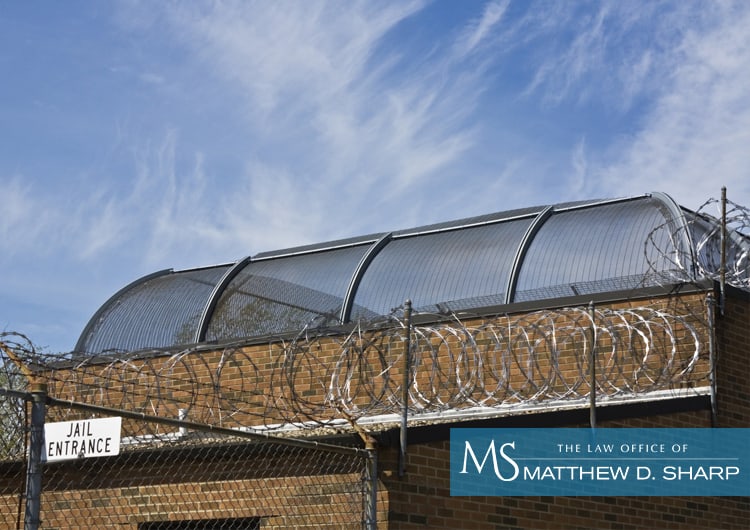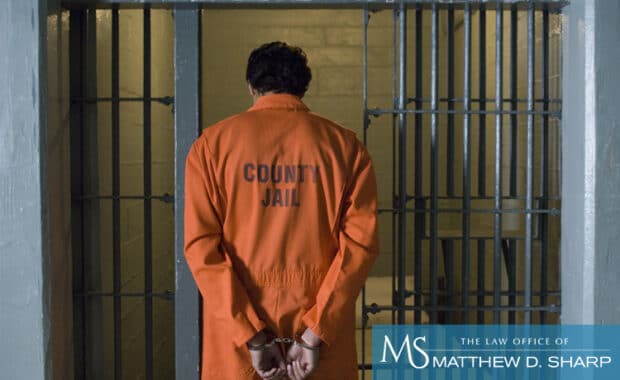
In these unprecedented times, industries are scrambling to figure out how to keep things moving. For many, “business as usual” just … isn’t.
This country has been through difficult times before, but rarely anything that brought our economy and life as we know it to a screeching halt — including the justice system.
With courts closed in Texas, one of the unfortunate side effects is jails becoming crowded due to not being able to conduct in-person hearings and move individuals through the system. With the overcrowding, more people in jail are easily exposed to the virus.
Closed Texas courts cause delays
Once the governor of Texas declared a statewide emergency, an emergency order went out instructing the courts on how they can conduct business.
The coronavirus has caused many Texas courts to close and trials to be postponed. The governor of Texas declared that courts could modify or suspend deadlines and procedures.
Judges were informed that they can’t conduct proceedings that are considered nonessential in person. This is because gatherings larger than 10 people have been prohibited in many Texas cities.
Priority, however, has been given to “essential hearings,” which were authorized to use teleconferencing. These include initial hearings for individuals who were recently booked or child removal orders.
Stuck in custody
As predicted, the pause that’s been put on court hearings is causing cases to pile up and individuals to remain in custody longer than originally intended.
Many public defenders are trying to get defendants with low-level offenses released from jail in an effort to curb the spread within the jail. Another tactic is allowing individuals to plead guilty and be released on probation or time served.
This push to make sure that the backlog of trials doesn’t get out of hand is to avoid what happened after 2017’s Hurricane Harvey. The storm caused so much destruction in Houston that courts were shut down for close to 3 months.
Teleconferencing to keep the system moving
In an effort to lessen any “unnecessary” crowding in the jails, judges and attorneys have been handling plea deals remotely. Lowering bail is another method used to release and lessen the number of people in jail.
David Slayton, head of the Office of Court Administration, believes that a large percentage of court proceedings, not including jury trials, can be carried out remotely.
But there are some who aren’t in favor of using teleconferencing. Criminal justice reform advocacy groups, as well as many defense attorneys, feel that handling hearings this way may take away some rights of the defendant.
Some of these rights include an attorney being able to confer privately with their client, approach the bench or review materials from the prosecutor.
These are all questions that will be worked out over the weeks to come. In the meantime, the name of the game is quickly getting matters resolved.
According to District Judge Emily Miskel of Collin County, “We’re trying to get as much done remotely now as we can because we don’t have spare time later.”
If you’re facing a criminal charge in Texas, it’s crucial that you secure representation from knowledgeable Texas criminal defense attorneys who’ll fight for you and help you navigate the whole process, especially through the changes that have taken place since the coronavirus.




